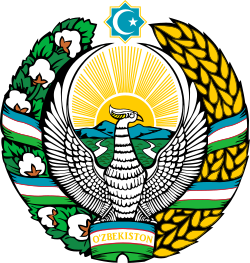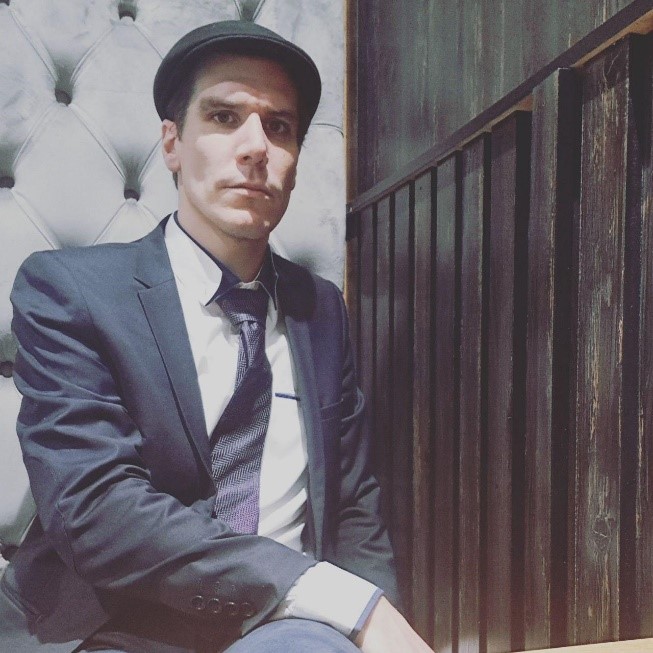PUBLIC-TALK #45 SDG 4: FRENCH AND GERMAN CULTURAL DIPLOMACY IN CENTRAL ASIA – PUBLIC TALK BY ADRIEN HOUGUET, 4 OCTOBER, 2024
|
|
Area: International Relations, Cultural Diplomacy, Central Asian Studies, Sustainable Development and Education The lecture explored how France and Germany have utilized cultural initiatives to build stronger ties with Central Asian countries, emphasizing the role of education, arts, and cultural exchange as key instruments of international cooperation. As part of the #TSUULLTalks series, the event aimed to foster deeper understanding of intercultural engagement and highlighted the growing importance of cultural diplomacy in the modern world. |
What is Cultural Diplomacy?
Cultural diplomacy is the practice of using art, language, and cultural exchange to strengthen international relations and promote mutual understanding. It allows nations to:
- • Build trust and cooperation through educational and artistic programs.
- • Showcase cultural heritage and values as a form of soft power.
- • Encourage dialogue between societies, supporting peace and stability.
- • Create opportunities for sustainable development and intercultural learning.
The French and German examples in Central Asia demonstrate how cultural institutes act as bridges between nations, enabling long-term cooperation and shared growth.





